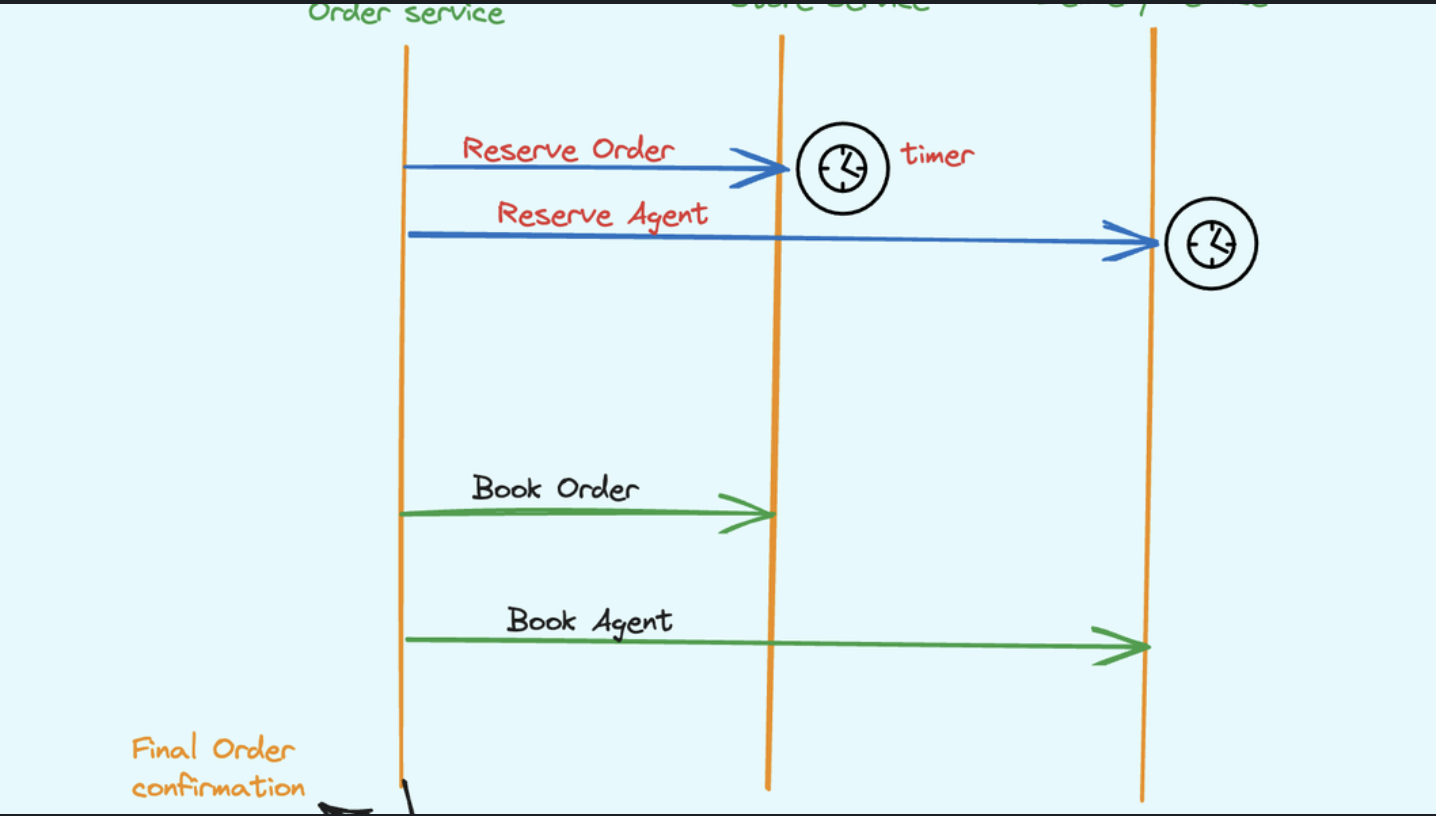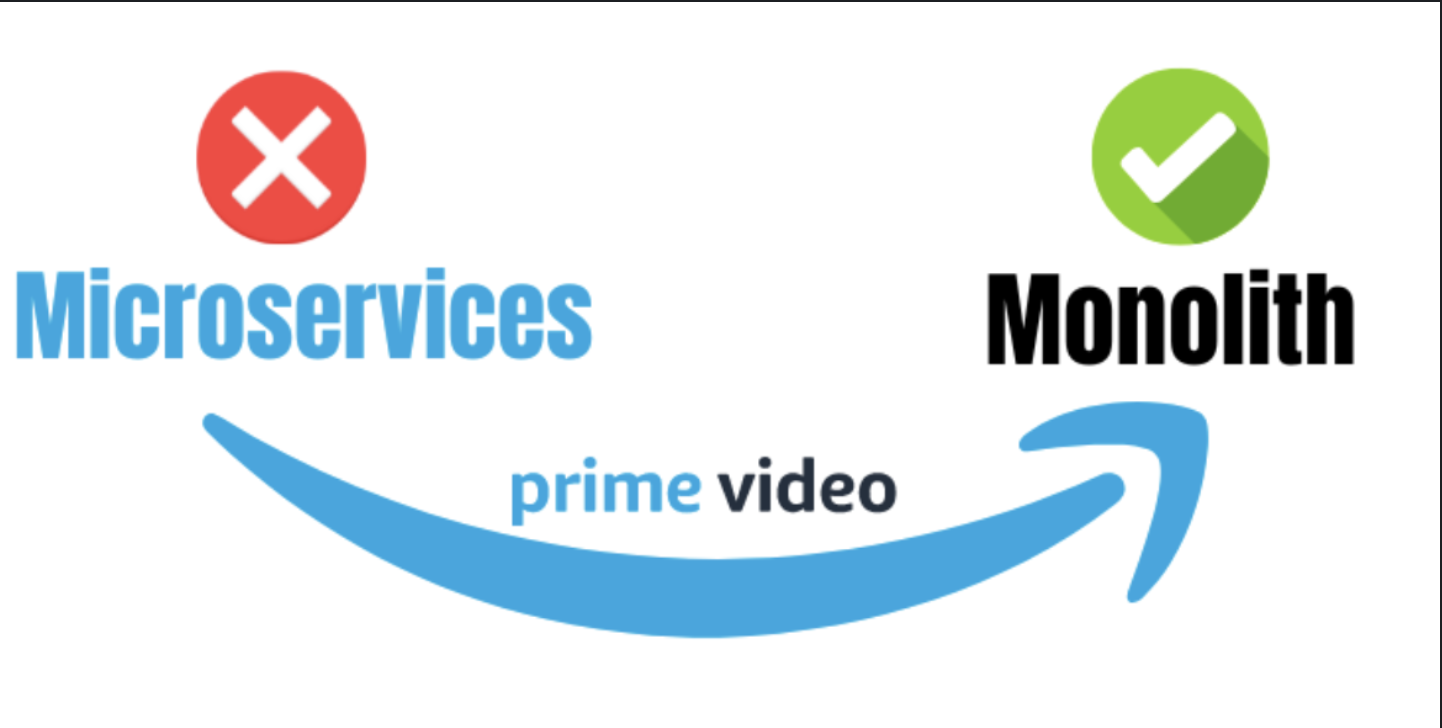In today’s microservices architecture and data-driven applications, JSON Schema has become an essential tool for validating data structures, ensuring API consistency, and maintaining data quality. However, as systems grow and evolve, managing JSON schemas at scale presents unique challenges. This comprehensive article explores best practices, common pitfalls, and practical solutions for maintaining JSON schemas in large-scale applications.
Understanding the Challenges
When working with JSON schemas at scale, organizations typically face several key challenges:
- Schema versioning and backward compatibility
- Schema reusability and modularity
- Performance implications of complex validation
- Schema documentation and developer experience
- Integration with existing tools and workflows
Let’s dive deep into each aspect and explore practical solutions.
Schema Versioning and Evolution
One of the most critical aspects of maintaining JSON schemas at scale is managing schema evolution while ensuring backward compatibility. Here’s a practical approach to versioning:
// Base schema definition with version tracking
{
"$schema": "http://json-schema.org/draft-07/schema#",
"$id": "https://api.example.com/schemas/user/v2",
"title": "User Schema v2",
"type": "object",
"properties": {
"schemaVersion": {
"type": "string",
"enum": ["1.0", "2.0"]
},
"userId": {
"type": "string",
"format": "uuid"
},
"profile": {
"$ref": "#/definitions/userProfile"
}
},
"required": ["schemaVersion", "userId"],
"definitions": {
"userProfile": {
"type": "object",
"properties": {
"name": { "type": "string" },
"email": { "type": "string", "format": "email" }
}
}
}
}
Version Control Strategy
When implementing schema versioning, consider these key practices:
- Use semantic versioning for schema versions
- Maintain a clear changelog
- Implement feature flags for gradual schema rollouts
- Create migration utilities for data transformation
Modular Schema Design
Breaking down large schemas into reusable components is crucial for maintainability. Here’s an example of how to structure modular schemas
// Core address schema component
{
"$schema": "http://json-schema.org/draft-07/schema#",
"$id": "https://api.example.com/schemas/common/address",
"title": "Address Schema",
"type": "object",
"properties": {
"street": { "type": "string" },
"city": { "type": "string" },
"country": {
"type": "string",
"minLength": 2,
"maxLength": 2,
"pattern": "^[A-Z]{2}$"
}
}
}
// User schema incorporating the address component
{
"$schema": "http://json-schema.org/draft-07/schema#",
"$id": "https://api.example.com/schemas/user",
"title": "User Schema",
"type": "object",
"properties": {
"userId": { "type": "string" },
"addresses": {
"type": "array",
"items": { "$ref": "https://api.example.com/schemas/common/address" }
}
}
}
Schema Registry and Management System
For large-scale applications, implementing a schema registry becomes essential. Here’s an example of a schema registry implementation:
from typing import Dict, Optional
import json
from pathlib import Path
class SchemaRegistry:
def __init__(self):
self._schemas: Dict[str, Dict] = {}
self._versions: Dict[str, Dict[str, Dict]] = {}
def register_schema(self, schema_id: str, schema: Dict, version: str = "1.0"):
"""Register a new schema or schema version"""
if schema_id not in self._versions:
self._versions[schema_id] = {}
self._versions[schema_id][version] = schema
self._schemas[schema_id] = schema # Latest version
def get_schema(self, schema_id: str, version: Optional[str] = None) -> Optional[Dict]:
"""Retrieve a schema by ID and optional version"""
if version:
return self._versions.get(schema_id, {}).get(version)
return self._schemas.get(schema_id)
def load_schemas_from_directory(self, directory: str):
"""Load all schema files from a directory"""
schema_dir = Path(directory)
for schema_file in schema_dir.glob("**/*.json"):
with open(schema_file) as f:
schema = json.load(f)
schema_id = schema.get("$id")
version = schema.get("version", "1.0")
if schema_id:
self.register_schema(schema_id, schema, version)
# Usage example
registry = SchemaRegistry()
registry.load_schemas_from_directory("./schemas")
Performance Optimization
When dealing with schema validation at scale, performance becomes crucial. Here’s an example of implementing efficient schema validation:
from jsonschema import validators
import json
from functools import lru_cache
class PerformantSchemaValidator:
def __init__(self, schema_registry):
self.registry = schema_registry
self.validators = {}
@lru_cache(maxsize=100)
def get_validator(self, schema_id: str, version: Optional[str] = None):
"""Get or create a cached validator instance"""
schema = self.registry.get_schema(schema_id, version)
if not schema:
raise ValueError(f"Schema not found: {schema_id}")
# Create a validator class that checks for format
validator_class = validators.Draft7Validator
return validator_class(schema)
def validate(self, data: Dict, schema_id: str, version: Optional[str] = None):
"""Validate data against a schema"""
validator = self.get_validator(schema_id, version)
return validator.validate(data)
# Usage example
validator = PerformantSchemaValidator(registry)
try:
validator.validate(user_data, "https://api.example.com/schemas/user")
except Exception as e:
print(f"Validation failed: {e}")
Schema Documentation and Developer Experience
Maintaining clear documentation is crucial for schema adoption. Here’s an example of generating documentation from schemas:
from typing import Dict
import json
import markdown2
import os
class SchemaDocumentationGenerator:
def __init__(self, schema_registry):
self.registry = schema_registry
def generate_markdown_docs(self, schema_id: str) -> str:
"""Generate markdown documentation for a schema"""
schema = self.registry.get_schema(schema_id)
if not schema:
raise ValueError(f"Schema not found: {schema_id}")
doc = [f"# {schema.get('title', 'Schema Documentation')}"]
doc.append(f"\n## Schema ID: `{schema_id}`")
if "description" in schema:
doc.append(f"\n{schema['description']}")
doc.append("\n## Properties\n")
for prop_name, prop_details in schema.get("properties", {}).items():
doc.append(f"### {prop_name}")
doc.append(f"- Type: `{prop_details.get('type', 'any')}`")
if "description" in prop_details:
doc.append(f"- Description: {prop_details['description']}")
doc.append("")
return "\n".join(doc)
def generate_html_docs(self, output_dir: str):
"""Generate HTML documentation for all schemas"""
os.makedirs(output_dir, exist_ok=True)
for schema_id in self.registry._schemas.keys():
markdown_content = self.generate_markdown_docs(schema_id)
html_content = markdown2.markdown(markdown_content)
filename = schema_id.split("/")[-1] + ".html"
with open(os.path.join(output_dir, filename), "w") as f:
f.write(html_content)
# Usage example
doc_generator = SchemaDocumentationGenerator(registry)
doc_generator.generate_html_docs("./docs/schemas")
Best Practices for Schema Maintenance
-
Automated Testing: Implement comprehensive tests for schema validation: Unit tests for individual schemas Integration tests for schema compatibility Performance tests for validation speed Migration tests for version compatibility
-
Continuous Integration: Set up CI/CD pipelines for schema validation: Validate all schemas during build Run compatibility tests Generate and deploy documentation Update schema registry
-
Monitoring and Analytics: Track schema usage and performance: Validation failures Schema version adoption Validation performance metrics API compatibility issues
Schema Governance and Review Process
Establishing a clear governance process is crucial for maintaining schema quality:
-
Schema Review Guidelines: Backward compatibility requirements Naming conventions Documentation standards Performance requirements
-
Change Management: Schema change proposal process Impact assessment Rollout strategy Communication plan
At the End
Maintaining JSON schemas at scale requires a systematic approach that combines technical solutions with proper governance and processes. By following these best practices and implementing the appropriate tools and systems, organizations can effectively manage their JSON schemas while ensuring data quality, API consistency, and developer productivity.
Remember that schema maintenance is an ongoing process that requires regular review and updates. Stay informed about JSON Schema specifications, tools, and best practices, and be prepared to evolve your approach as your system grows and requirements change.💡



